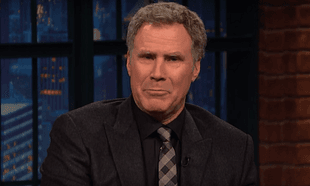The world's richest people are only getting richer, as the latest stats from Oxfam paint a worrying picture.
Although the 'occupy' protests have died down since they first broke out back in 2011, the message that they put forward of the 99% being left behind by the top 1% has been borne out by the latest figures from Oxfam, which show that they are on course to control the majority of the world's wealth within the next 12 months.
In 2014, the richest 1% were in control of 48% of the world's wealth, leaving the rest of the planet's population to fight it out for what's left. The rate of increase of the percentage of the wealth that they have gained control of in the last four years (2010-2014) lead Oxfam to make projections about the current trend, and by 2016 they estimate that they will have control of more than 50% of the world's wealth.

That's not all, however, as the remaining 52% of the wealth that is currently in the control of the 99% is owned by those who fall within the richest 20%, meaning that the rest of the world is left with just 5.5% of the global wealth.
The rate of increase in the last few years (since the global downturn) is what seems to be the most worrying factor, as the top 1% (the billionaires on the Forbes list) have seen their share of the global wealth skyrocket. According to Oxfam, in 2010 "the richest 80 people in the world had a net wealth of $1.3tn. By 2014, the 80 people who top the Forbes rich list had a collective wealth of $1.9tn; an increase of $600bn in just 4 years, or 50% in nominal terms".
Between 2002 and 2010, the 99% had seen their wealth increase at around the same rate as the top 1%, but in 2010 that changed, and it has in fact been decreasing since that point, as the top 1% grab more.
Oxfam stated that this gain in wealth was as a result of the richest group's "interests and activities in a few important economic sectors, including finance and insurance and pharmaceuticals and healthcare. Companies from these sectors spend millions of dollars every year on lobbying to create a policy environment that protects and enhances their interests further. The most prolific lobbying activities in the US are on budget and tax issues; public resources that should be directed to benefit the whole population, rather than reflect the interests of powerful lobbyists".
Via Oxfam








































































